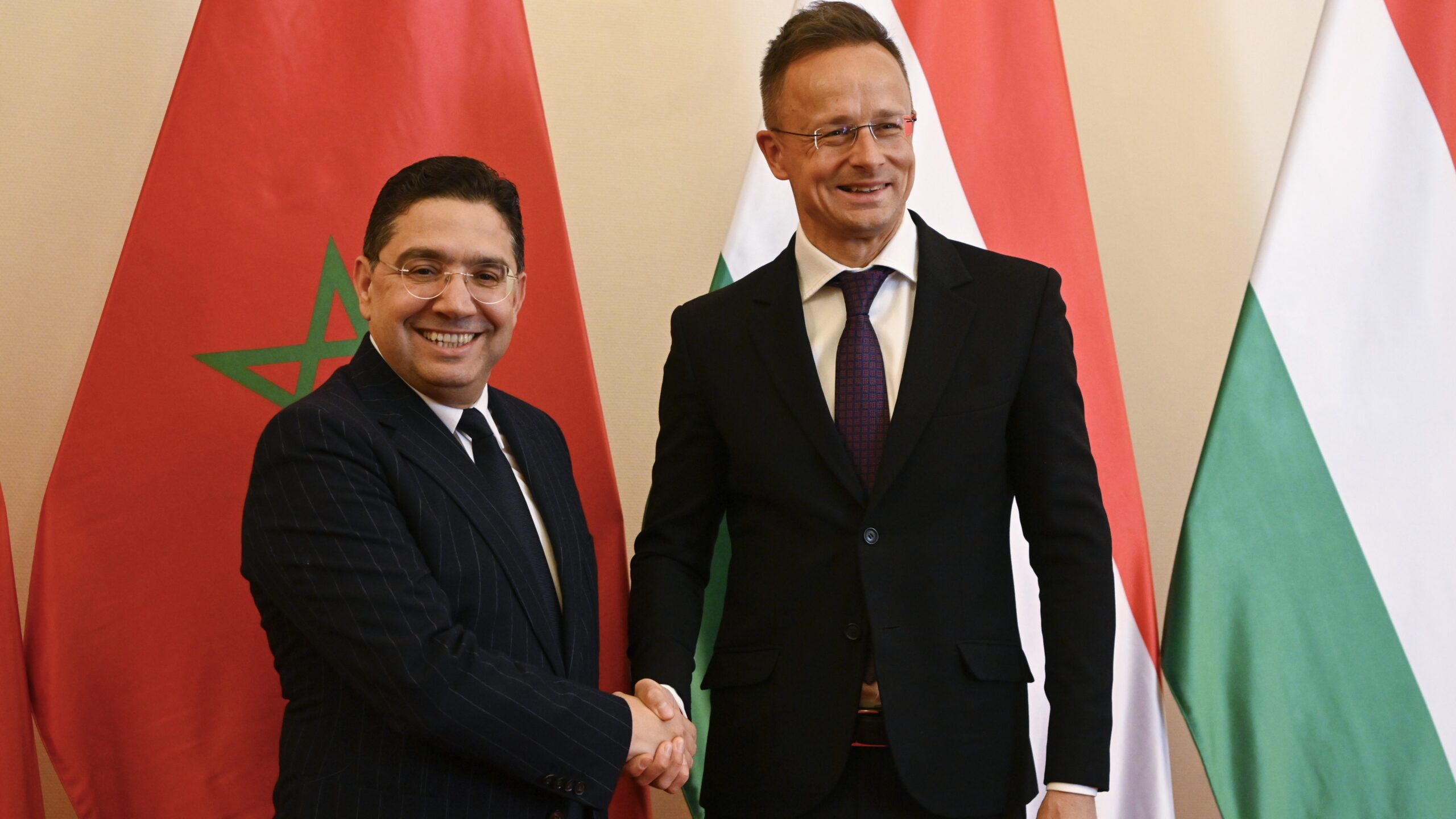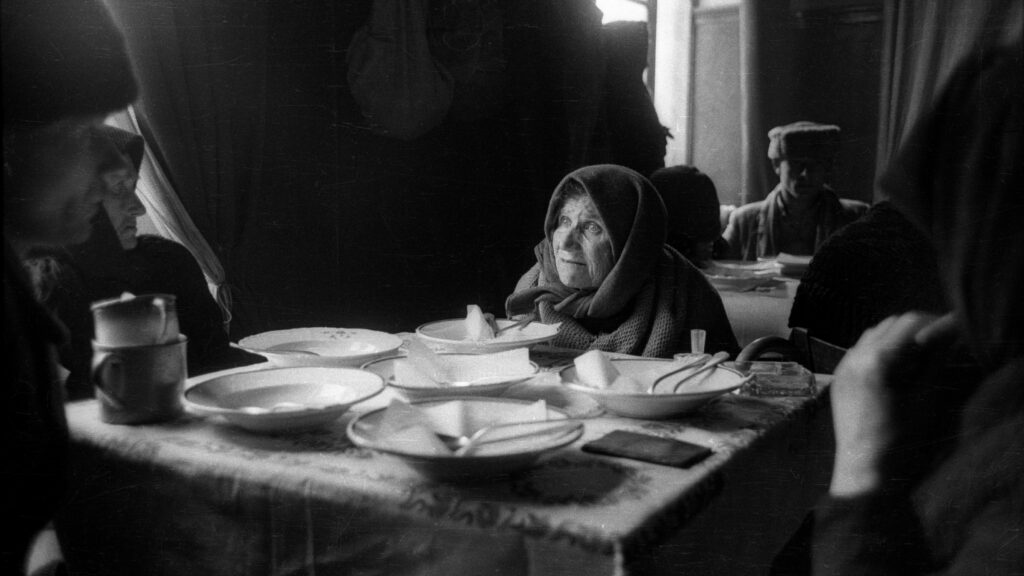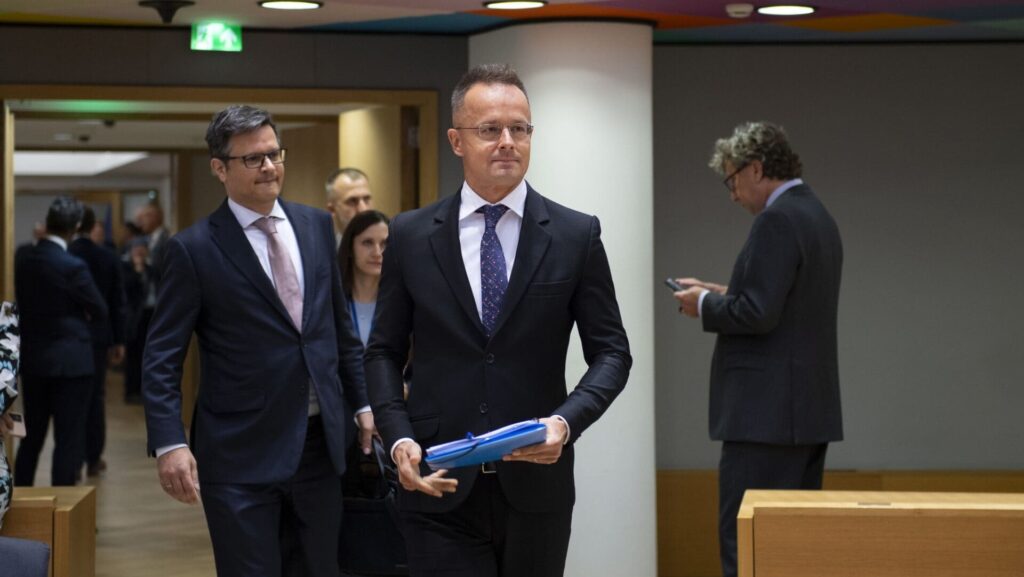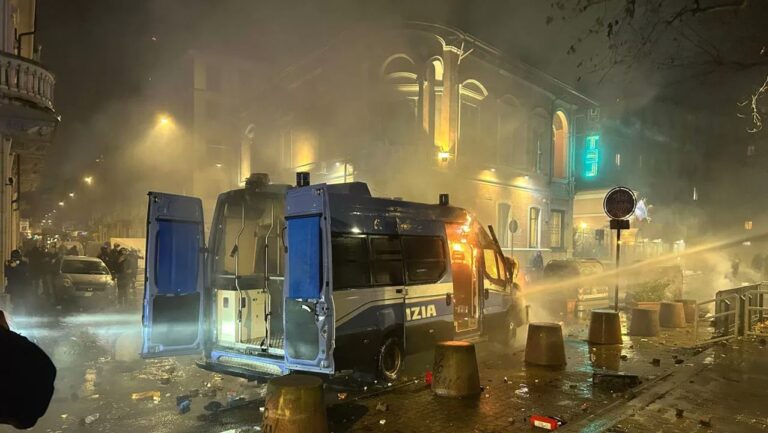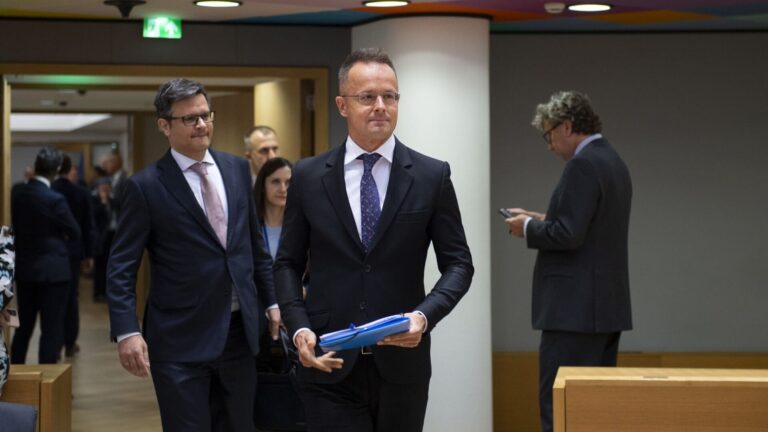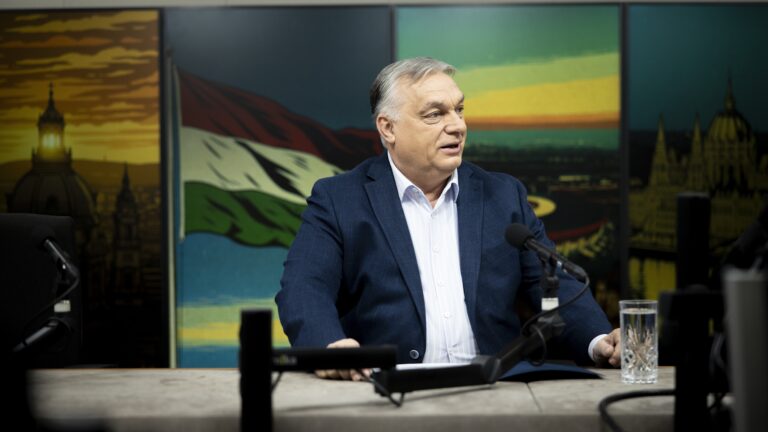‘We owe Morocco our gratitude for its efforts to keep migration at bay, the steps it has taken in the interest of the region’s stability, and…because of its firm actions against terrorism,’ said Péter Szijjártó in the joint press conference.
Minister of Foreign Affairs and Trade Péter Szijjártó and his Moroccan counterpart, Nasser Bourita, held a joint press conference in Budapest in the middle of April. The Foreign Minister of Morocco visited Hungary as part of his European tour. The negotiations between the two ministers ended with agreements on strengthening trade, investment, research, innovation and energy cooperation between the two countries.
During the conference, Péter Szijjártó emphasized the need to fight against terrorism in the African region to prevent migration. The Hungarian Minister of Foreign Affairs and Trade also encouraged the development of a comprehensive strategy for Africa with the cooperation of Europe and stable and economically strong countries in the region, like Morocco. These two actions can prevent illegal migration, which poses a shared security challenge for both continents. Péter Szijjártó also emphasized that Europe and Africa are affected by the Ukrainian war, negatively posing severe inflation and thus challenges for both continents.
Hungary has already taken part in Africa’s advised development strategy, as Morocco became Hungary’s number one African trade partner last year. The annual trade volume between the two countries now reaches 400 million US dollars. The current negotiations between the Hungarian and Moroccan Foreign Ministers have brought more Hungarian investment to the region. In the Stipendium Hungaricum scholarship programme framework, Hungary will provide 165 full scholarships to students arriving from African countries between 2026 and 2028.
The tour of Nasser Bourita also allowed European countries to express their support for the North African country in its autonomy plan to solve the political conflict related to the Sahara. Péter Szijjártó, in connection with the Western Sahara conflict, stated that Morocco’s autonomy plan is the basis for resolving the dispute. He also added that the conflict should be solved in the framework of the United Nations. He mentioned the statements of the United States and France expressing their support for the Moroccan initiative. Besides Hungary, Croatia, Moldova, and Estonia also supported the Moroccan autonomy plan as a definitive solution to the Saharan regional dispute.
West Saharan Dispute
There is an ongoing conflict over the status of Western Sahara, which is located between Morocco, Algeria, and Mauritania. The dispute is mainly between Morocco and the Polisario Front, which is a liberation movement representing the indigenous Sahrawi people. Morocco claims that the territory is part of its historical land and, in 1975, took control over the region, which led to a war with the Polisario Front. In 2007, Morocco proposed its initiative, including an autonomy plan for Western Sahara under Morocco’s sovereignty. In contrast, the Polisario Front, based on the international right of self-determination, wanted a referendum to decide about their own future.
The United Nations tried to solve the dispute with MINURSO (United Nations Mission for the Referendum in Western Sahara) in 1991, but because of disagreements over the final solution, the referendum never took place. Currently, Morocco controls most of the territory and has built a 2700 km-long wall to keep away guerrilla fighters of the Polisario Front. Morocco’s sovereignty initiative over the territory has gained international recognition in recent years.
Hungarian–Moroccan relations in the last years
The economic and trade ties between Budapest and Rabat have flourished recently. Morocco became Hungary’s leading African trade partner, which opened the possibility of other trade relations for Hungary in the region. The European country mainly exports machine industry, automotive parts and electronics to the African nation. There is a cooperation between Hungary and Morocco on food security and sustainable agriculture, where Hungary provides technological expertise. Alternative energy sources are also a field of collaboration between the two states. As Morocco is a gateway to Africa for Hungarian companies, Hungary offers a path to the EU for Moroccan firms. Joint research and technological projects are also part of the cooperation between the two nations, which is represented by the recently agreed-upon Stipendium Hungaricum scholarship. The Hungarian–Moroccan relationship is expectedly to continue to prosper in the future with more bilateral trade and investment agreements.
Related articles:

